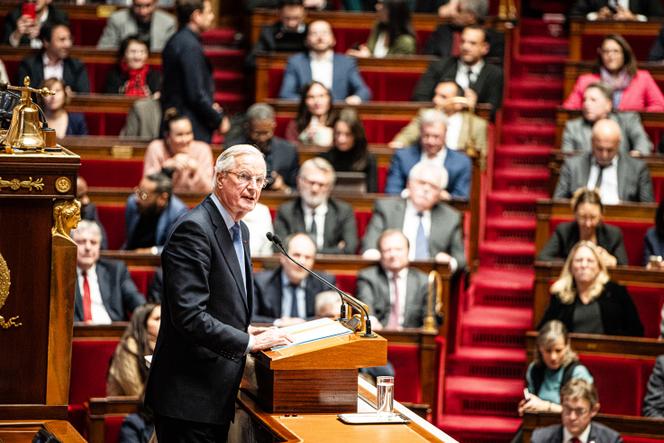


Just hours after the vote of no confidence toppled the French government on Wednesday, December 4, Moody's, which had taken the first step in October towards downgrading its rating, drew the first conclusions: The vote "deepens the country's political stalemate" and "reduces the probability of a consolidation of public finances."
For now, the market's response has been measured. At the start of the day on Thursday, the spread between 10-year French bonds and their German equivalent stood at 0.85 percentage points, compared with around 0.50 points before the June 9 dissolution and a peak of 0.90 points on November 27, the highest since 2012.
"In 2011, when we thought the eurozone might break up, the spread had risen to 200 basis points. We were in real stress. At 80 basis points, we're under stress, but the lack of visibility is already reflected in the 30-point rise since June," Bertrand Lamielle, director general of Portzamparc Gestion, said.
For the moment, then, there's nothing to compare with the "serious turbulence" Michel Barnier warned on November 26, even if some analysts are not ruling out a further widening of the spread if the political deadlock continues. Indeed, the last few months have left lasting impressions in the minds of many investors.
"When we talk to American investment funds, the potential political risk in France is well identified. This is not necessarily the case for other countries," noted Christopher Dembik, senior adviser at private bank Pictet. As for Japanese institutional investors, who had turned away from French debt during the summer, "they still haven't come back."
However, most analysts believe that it is still exaggerated to compare France's financial situation with that of Greece 15 years ago. Those at British firm Capital Economics point out that, at the start of its troubles, "Athens had a budget deficit of almost 15%, which led to a fiscal adjustment representing 14% of GDP over four years." These figures are in no way comparable to those posted by Paris.
Against this delicate market backdrop, France can count on discreet but solid support. The European Central Bank (ECB), said Eric Dor, professor at IESEG business school, has reduced its portfolio of French government bonds less over the past six months than it has for other countries, such as Germany and Spain. "This could mean that the ECB has favored France," he explains. "It's possible that this has helped to contain the spread."
You have 19.68% of this article left to read. The rest is for subscribers only.
